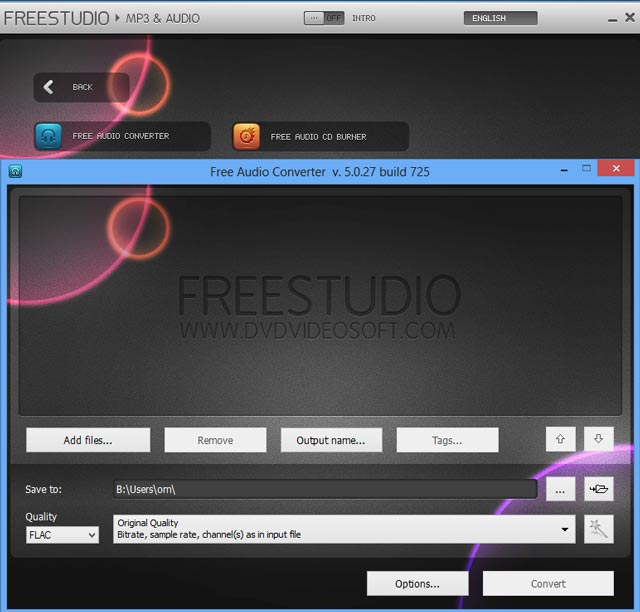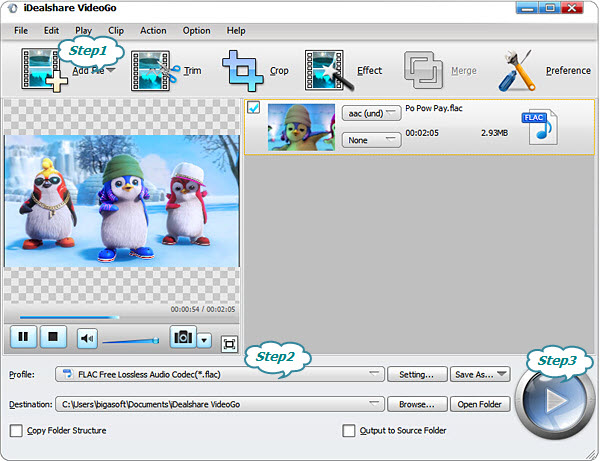



The post title comes from “Convertible” by The Wedding Present, or Theweddingpresent as they were presenting themselves in 1996 when they released Mini, featuring this track. The recursive conversion and artwork/metadata mapping works better than in Audacity, so I’ll be doing this from now on. FFmpeg can encode to a wide variety of lossy audio formats. Using it for other file types is also an improvement on my previous Audacity macro approach. Then choose it with the -resampler option: ffmpeg -i input.flac -resampler soxr -samplefmt s16 -ar 48000 output.flac Or use the aresample filter to do it all: ffmpeg -i input.flac -af aresampleresamplersoxr:outsamplefmts16:outsamplerate48000 output. This workflow meant I could convert all of the opus files I had. In the menu click Audacity > Preferences > Libraries > locate and add FFmpeg library to Audacity. To use soxr your ffmpeg must be compiled with -enable-libsoxr. It converts it using our parameters and names the output file by switching the extension for mp3. Initially, an mp3 subdirectory is made, then ffmpeg receives the opus file via the quoted curly braces as an input. This one-liner will find (recursively) all. iname '*.opus' -exec bash -c 'D=$(dirname ".mp3"' \ Ĭredit to this StackOverflow answer.


 0 kommentar(er)
0 kommentar(er)
